Don't Void Your VW Warranty: A Guide to Service, Modifications, and Exclusions
Understanding Your VW Warranty Basics
When you purchase a new Volkswagen, it comes with a factory warranty – a promise from VW that your vehicle will be free from defects in material and workmanship for a specified period or mileage. Typically, new VWs in the U.S. come with a 4-year/50,000-mile bumper-to-bumper limited warranty (though this can vary by model year and region, so always check your specific documentation). This comprehensive warranty covers most components, from the engine and transmission to electrical systems and interior features, assuming normal use. Beyond the main warranty, you might also have specific coverage for powertrain components, corrosion, or even emissions systems, each with its own duration. It's vital to read your owner's manual and warranty booklet thoroughly. These documents are your primary source of truth, outlining precisely what's covered, for how long, and under what conditions. Understanding these fundamentals is the first step in ensuring you don't inadvertently jeopardize your coverage. Don't just file them away; take the time to familiarize yourself with the terms and conditions – it could save you significant headaches and expenses down the road.Routine Maintenance: Your Warranty's Best Friend
Maintaining your VW according to the manufacturer’s schedule isn't just good practice for vehicle longevity; it's absolutely crucial for keeping your warranty valid. Volkswagen designs specific service intervals for a reason, addressing wear and tear and preventing larger issues. Missing oil changes, neglecting tire rotations, or skipping recommended inspections can lead to problems that VW might attribute to lack of maintenance, thereby denying a warranty claim. When it comes to service, you have options. While using an authorized Volkswagen dealership service center offers peace of mind with factory-trained technicians and genuine VW parts, the Magnuson-Moss Warranty Act allows you to have your car serviced by an independent shop or even do the work yourself, as long as you use appropriate parts and follow the manufacturer's procedures. The golden rule here is documentation. Keep meticulous records of all service performed, including dates, mileage, what was done, and copies of receipts for parts and labor. These records are your proof that you've upheld your end of the warranty agreement. Neglecting this step could leave you in a tough spot if a warranty issue arises.The Modification Minefield: What's Safe and What's Not?
Ah, the allure of personalization! Many VW owners love to enhance their vehicles with aftermarket modifications, from performance tunes and exhaust systems to suspension upgrades and cosmetic changes. But this is often where the fear of "voiding the warranty" becomes most acute. Here's the good news: simply modifying your car doesn't automatically void your entire VW warranty. Thanks again to the Magnuson-Moss Warranty Act (a U.S. federal law), a manufacturer cannot void your warranty solely because you've used an aftermarket part or had a non-dealer repair. However, a manufacturer can deny a warranty claim if they can prove that the aftermarket part or modification caused the failure. For example, if you install an aggressive engine tune and your transmission fails, VW might argue the tune contributed to the failure and deny the transmission warranty claim. But if your power windows stop working, the engine tune has no bearing, and that claim should still be honored.The key is understanding the potential impact of your modifications. OEM (Original Equipment Manufacturer) parts are always the safest bet for warranty purposes, as they are designed and tested by VW. When venturing into aftermarket territory, choose reputable brands and consider parts that are specifically designed for your VW model. Always document any modifications you make, including installation dates and product information. If you're unsure, discuss potential modifications with your service advisor or a trusted independent mechanic who understands warranty implications. Be especially cautious with modifications that significantly alter engine parameters (like ECU tunes) or drivetrain components, as these are frequently scrutinized during warranty claims. A general rule of thumb: if a mod directly affects the function of a component, that component's warranty might be at risk if the mod is deemed responsible for a failure.
Common Warranty Exclusions You Should Know
While a VW warranty provides excellent coverage, it’s not an all-encompassing shield against every possible issue. There are specific exclusions that owners should be aware of to avoid disappointment. Firstly, standard wear and tear items are generally not covered. Think brake pads, tires, clutch discs, wiper blades, and certain light bulbs – these are consumable components that degrade through normal use and are expected to be replaced periodically. Secondly, any damage resulting from lack of proper maintenance, as discussed earlier, can lead to denied claims. This includes issues stemming from overdue oil changes or neglected fluid flushes. Thirdly, abuse, misuse, or negligence on the part of the owner will void coverage for related repairs. This encompasses things like racing, off-roading (unless your VW model is specifically designed for it and you're within its limits), overloading the vehicle, or using the wrong type of fuel or fluids. Environmental damage (hail, floods, fires) or accidents are also typically excluded, falling under your auto insurance policy instead. Finally, unauthorized repairs or the installation of non-approved accessories that cause damage may also lead to a warranty claim denial. Knowing these common exclusions helps set realistic expectations about what your warranty covers and encourages responsible vehicle ownership.When Issues Arise: Navigating a Warranty Claim
Even with the best care, sometimes things go wrong. If you suspect a component covered by your VW warranty has failed, don't panic. The first step is to schedule an appointment with an authorized Volkswagen dealership service center. Be prepared to explain the issue clearly and concisely. Bring all your service records, especially if you've had maintenance done by an independent shop. It's helpful to also have a copy of your warranty booklet. When at the dealership, be polite but firm. If the service advisor suggests the issue isn't covered, ask for a detailed explanation. If they attempt to link a problem to an aftermarket modification, politely remind them of your rights under the Magnuson-Moss Warranty Act and ask for evidence that your modification caused the failure, rather than just being present.If you feel your claim is being unfairly denied, don't give up immediately. You can escalate the issue to the service manager, and if necessary, contact Volkswagen's customer service directly. They can often mediate disputes and provide a higher level of review. Document all communications, including names, dates, and what was discussed. Persistence and clear, factual communication are your best tools in successfully navigating a warranty claim. Remember, your warranty is there to protect you, but you also have a role in understanding and advocating for your rights.
Conclusion
Your Volkswagen warranty is a valuable asset, designed to give you peace of mind and protect your investment. By understanding its terms, committing to regular, documented maintenance, and making informed decisions about modifications, you can ensure that your coverage remains intact. Don't let fear of "voiding the warranty" prevent you from enjoying your VW or maintaining it properly. Be proactive, stay informed, and keep thorough records. With this guide, you’re now better equipped to navigate the world of VW ownership, keeping your beloved vehicle running smoothly and your warranty valid for the long haul. Drive on, confidently!Where can I find my VIN?

Related Topics
- Transferring Your Mercedes-Benz Warranty: What You Need to Know to Maintain Value
- New vs. CPO: Decoding the Mercedes-Benz Warranty Difference
- Don't Void Your Coverage: Common Mistakes That Can Cancel Your Mercedes-Benz Warranty
- Understanding Maintenance vs. Warranty: What the New Car Warranty DOESN'T Pay For

